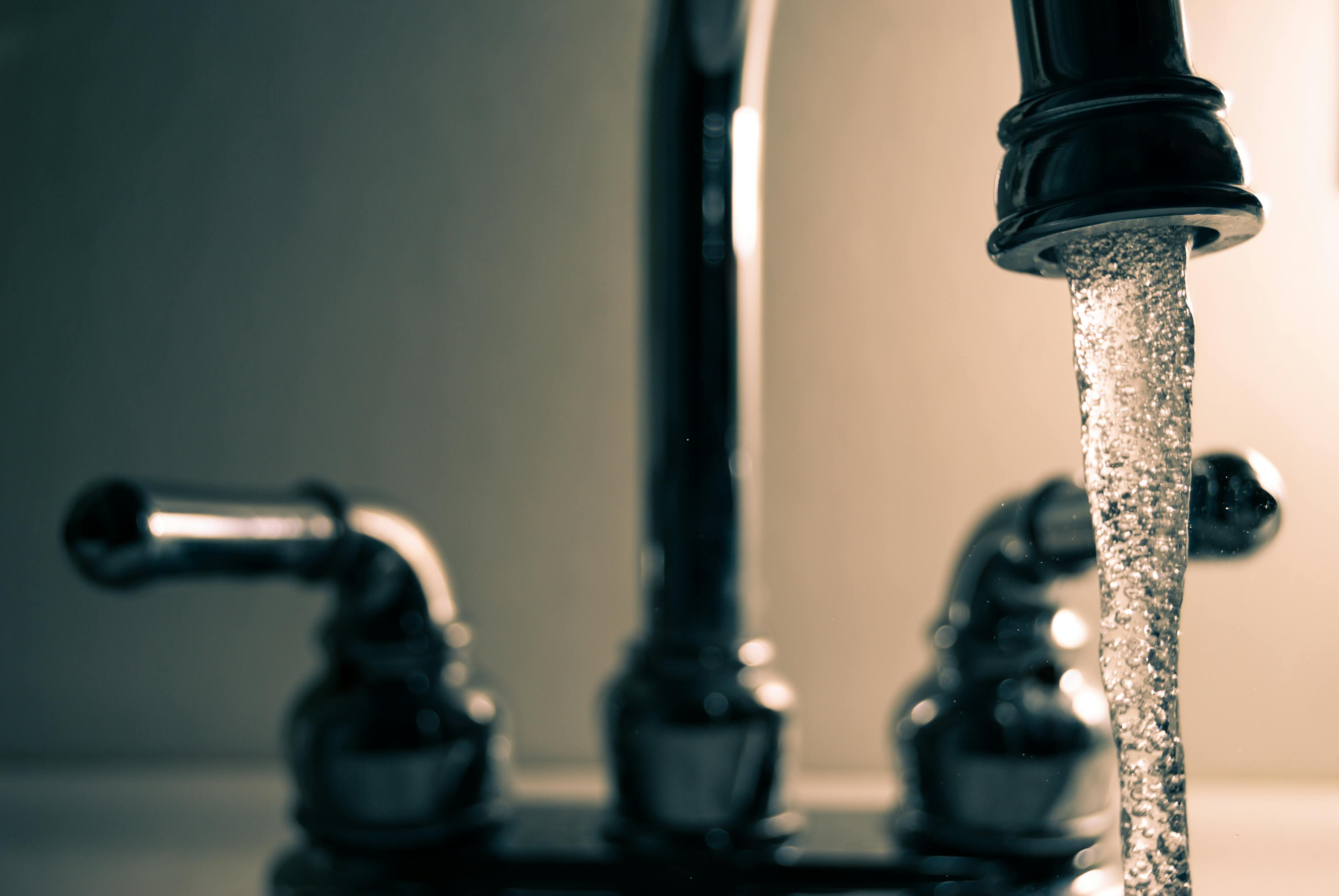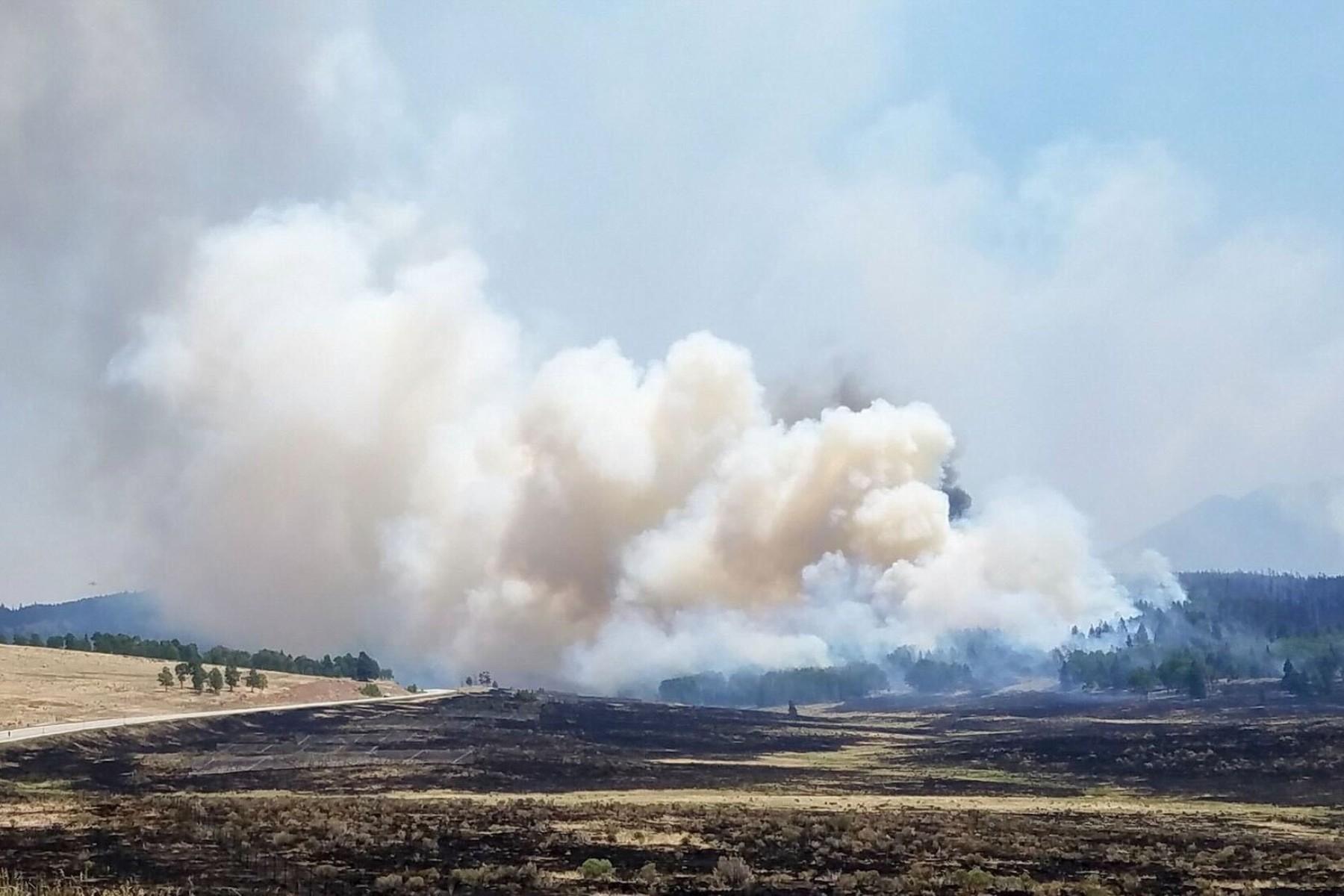
After discovering a second state chemist manipulated quality control data, the Colorado Department of Public Health and Environment placed the employee on leave last week and paused work at a key water quality testing laboratory.
The state health department announced the development in a press release sent on Monday afternoon. It comes after CDPHE previously discovered another veteran chemist manipulated data for years. That employee resigned last May. The U.S. Environmental Protection Agency also revoked a certificate allowing the state to validate whether drinking water meets federal health standards for specific metals.
The lab at the center of the scandal tests samples from smaller drinking water systems operated by water districts, homeowners associations and municipalities. Those entities deliver water to roughly 180,000 people across Colorado, accounting for 3 percent of Colorado’s 2,100 drinking water systems. Larger utilities like Denver Water conduct in-house water quality testing.
Dr. Ned Calonge, the state’s chief medical officer, said residents served by the systems shouldn’t worry about the water coming from their taps. “We feel comfortable in saying there's no imminent threat to the public's health,” Calonge said.
In an interview with CPR News, Calonge said the investigation indicates the chemists manipulated data related to control samples, which allowed them to avoid recalibrating a machine used to test for metals in drinking water. Results from real-world water samples were never changed or manipulated.
The data manipulation issues impact 69 of the state's more than 2,000 regulated water systems. Calonge said the state has already started retesting water from those specific places by working with other laboratories regulated by the EPA. The list of impacted water systems includes the Town of Nucla, West Grand Valley Water and the Project 7 Water Authority, which supplies water to roughly 60,000 people in the cities of Montrose and Delta.
Calonge said correcting the data would only slightly shift the results. The readings could end up higher than federal health standards for specific metals, but not enough to alarm anyone about their drinking water.
Calonge said the initial chemist who resigned had worked for the state for 20 years. The second employee linked to the data manipulation issues was a 35-year veteran of the state health department. When asked what motivated the misconduct, Calonge said it appears they intended to “try to get through the testing day a little faster.”
The processes impacted by the data manipulation measure trace amounts of barium, copper, chromium, and other metals. At high enough concentrations, exposure via drinking water can cause a wide range of stomach issues, fertility problems and other health issues, according to the U.S. Environmental Protection Agency.
The department plans to continue working with the EPA to determine next steps. Calonge had no estimate for when the lab could resume normal testing. Until it's back online, the state plans to outsource the water quality work to federal, state and commercial laboratories.









